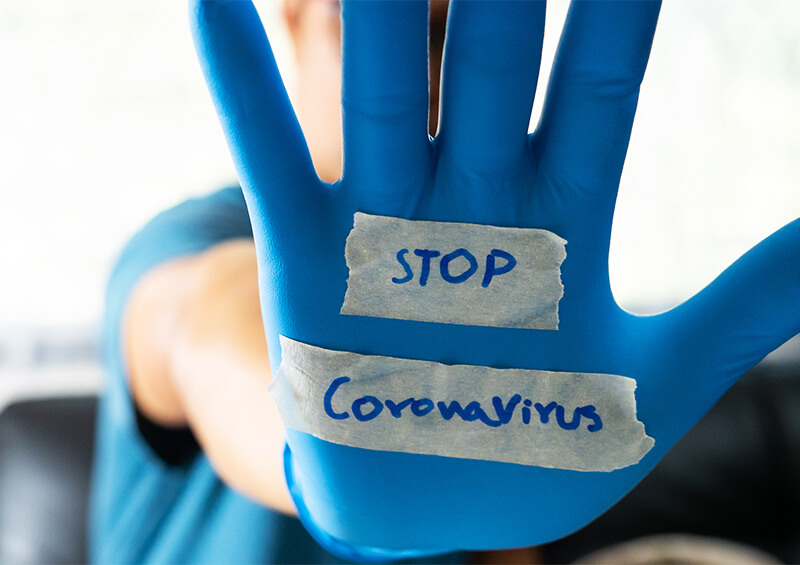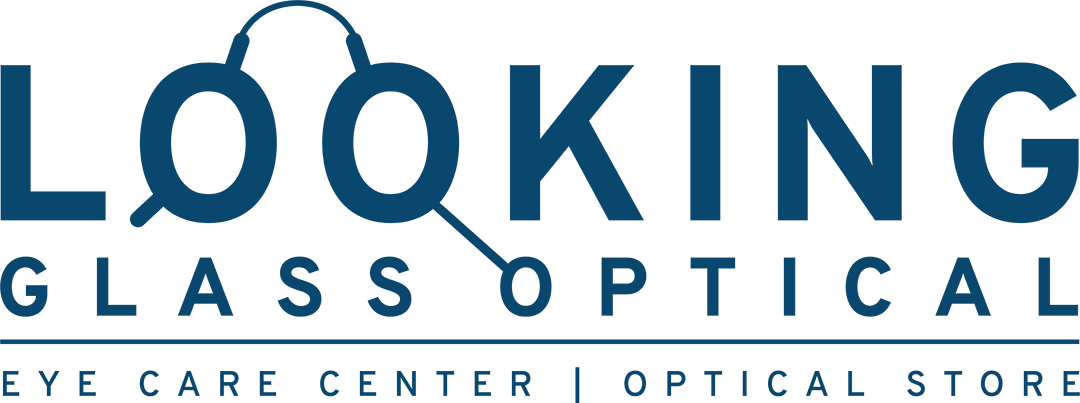The Coronavirus and How to Stop Touching Your Face
The rapid spread of the Coronavirus, or COVID-19, has many people on edge. However, one way to help decrease our stress is by staying informed during this time. Especially when it comes to proactive methods that help protect not only ourselves, but those around us. So, let’s start with the most vital information.
How Coronavirus Spreads: What You Need to Know
One important aspect that everyone should be aware of is how COVID-19 spreads. This is crucial because it can help us to better understand how to prevent exposure to the virus, as well as limit the risk of transmission to high-risk, vulnerable populations. Here is what we already know about how Coronavirus spreads:
Person-to-Person

Because COVID-19 is easily transmitted through close contact and contaminated surfaces, you can prevent the spread by not touching your eyes, mouth, and nose.
Coronavirus spreads most commonly from person-to-person through close contact. That means it travels via respiratory droplets when a sick individual sneezes or coughs. This makes it very simple to spread to those standing close by. Breathing in these droplets is one of the most common ways a person can become infected. Another method is through touching our faces (including our eyes, mouth, nose, and hair).
Contact with Contaminated Surfaces
Given the recent self-quarantine and stay-at-home orders, it’s essential to understand that COVID-19 is easily shared by touching or bumping into a surface that has been contaminated with the virus. In fact, studies have shown that the virus can thrive anywhere between three hours to three days, depending on the surface. One study suggested that Coronavirus was detected:
- In aerosols for up to three hours
- Thriving on copper surfaces for up to four hours
- Residing on cardboard surfaces for up to 24-hours
- Living on stainless steel and plastic surfaces for up to three days
Knowing this crucial information can help guide us in our cleaning processes while working or caring for our family at home.
Protect Yourself by Not Touching Your Face
Aside from practicing social distancing and maintaining a regular cleaning schedule while at home or at work, there are other steps we can take to protect ourselves during the Coronavirus pandemic. For instance, we can start training ourselves to stop touching our face.
Not only can the virus land on our face if we encounter a sick individual, but it also thrives on our hands after touching contaminated surfaces. And, with the average person touching their face approximately 23 times per hour, it’s very easy to introduce the virus to our body’s entry points, including our mouth, nose, and eyes.
That’s why we all must do everything we can to stop touching our faces during this time. However, once we are aware and actively try to stop this behavior, we tend to find ourselves doing it even more frequently. To help everyone along, here are some tips to prevent us from touching our faces:
- For those of us wearing contacts, it’s wise to start wearing our glasses to ensure we aren’t touching our eyes unnecessarily.
- We can utilize tools such as stress balls to keep our hands occupied and away from our faces.
- Monitoring our habits is essential. Therefore, we need to pay attention to the small things, like nail-biting, and start taking proactive measures to stop, such as applying bitter nail polish to discourage the behavior.
- Get loved ones involved by asking them to remind us to stop anytime we absentmindedly reach for our faces. This will help us realize just how often we are touching our faces.
Looking Glass Optical: Helping Our Patients Stay Healthy
Here at Looking Glass Optical, we understand just how uncertain and scary things seem right now. However, to help our patients and staff, we believe that it’s best to keep everyone as informed as we can.
If you have any questions, please feel free to contact our office or call us at 410-768-0202. Our team will do our absolute best to help answer any questions you may have.
